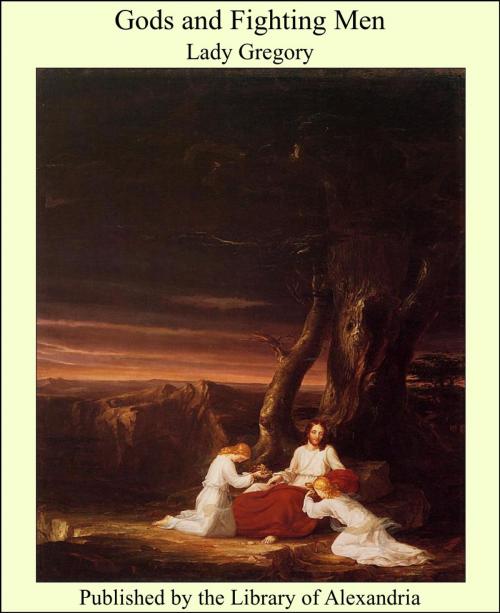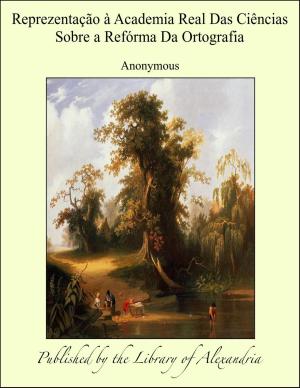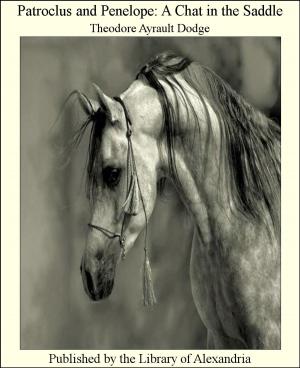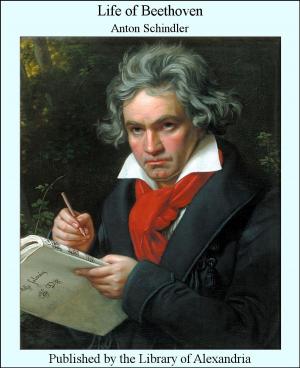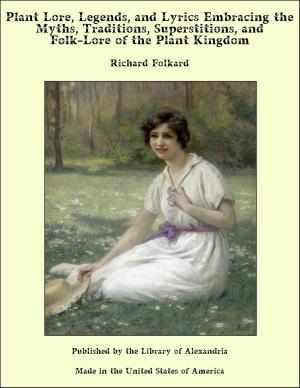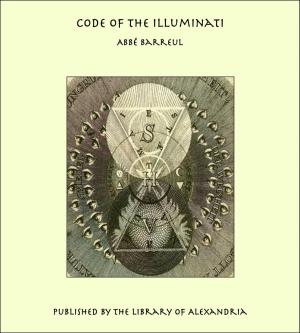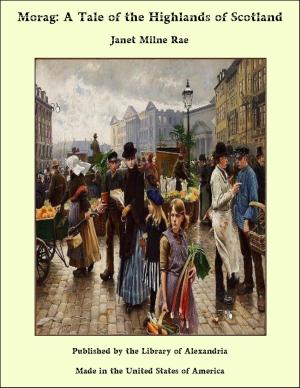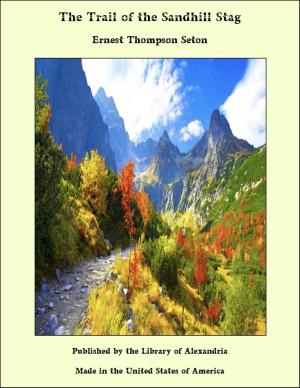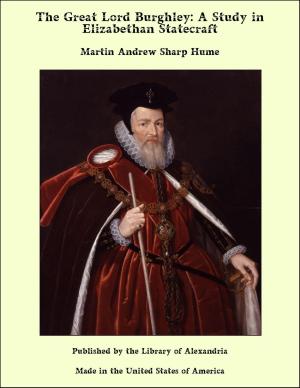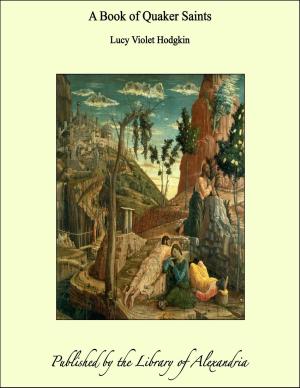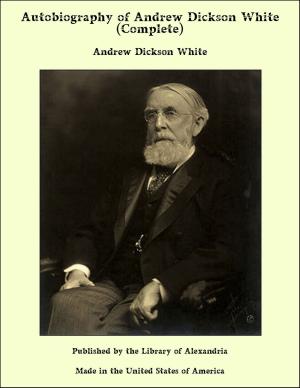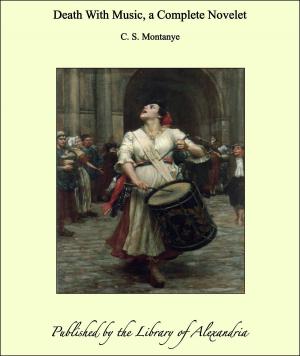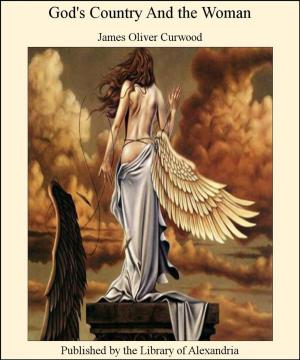| Author: | Lady Gregory | ISBN: | 9781613102671 |
| Publisher: | Library of Alexandria | Publication: | March 8, 2015 |
| Imprint: | Language: | English |
| Author: | Lady Gregory |
| ISBN: | 9781613102671 |
| Publisher: | Library of Alexandria |
| Publication: | March 8, 2015 |
| Imprint: | |
| Language: | English |
A few months ago l was on the bare Hill of Allen, 'wide Almhuin of Leinster', where Finn and the Fianna lived, according to the stories, although there are no earthen mounds there like those that mark the sites of old buildings on so many hills. A hot sun beat down upon flowering gorse and flowerless heather; and on every side except the east, where there were green trees and distant hills, one saw a level horizon and brown boglands with a few green places and here and there the glitter of water. One could imagine that had it been twilight and not early afternoon, and had there been vapours drifting and frothing where there were now but shadows of clouds, it would have set stirring in one, as few places even in Ireland can, a thought that is peculiar to Celtic romance, as I think, a thought of a mystery coming not as with Gothic nations out of the pressure of darkness, but out of great spaces and windy light. The hill of Teamhair, or Tara, as it is now called, with its green mounds and its partly wooded sides, and its more gradual slope set among fat grazing lands, with great trees in the hedgerows, had brought before one imaginations, not of heroes who were in their youth for hundreds of years, or of women who came to them in the likeness of hunted fawns, but of kings that lived brief and politic lives, and of the five white roads that carried their armies to the lesser kingdoms of Ireland, or brought it to the great fair that had given Teamhair its sovereignty, all that sought justice or pleasure or had goods to barter. It is certain that we must not confuse these kings, as did the mediaeval chroniclers, with those half-divine kings of Almhuin.
A few months ago l was on the bare Hill of Allen, 'wide Almhuin of Leinster', where Finn and the Fianna lived, according to the stories, although there are no earthen mounds there like those that mark the sites of old buildings on so many hills. A hot sun beat down upon flowering gorse and flowerless heather; and on every side except the east, where there were green trees and distant hills, one saw a level horizon and brown boglands with a few green places and here and there the glitter of water. One could imagine that had it been twilight and not early afternoon, and had there been vapours drifting and frothing where there were now but shadows of clouds, it would have set stirring in one, as few places even in Ireland can, a thought that is peculiar to Celtic romance, as I think, a thought of a mystery coming not as with Gothic nations out of the pressure of darkness, but out of great spaces and windy light. The hill of Teamhair, or Tara, as it is now called, with its green mounds and its partly wooded sides, and its more gradual slope set among fat grazing lands, with great trees in the hedgerows, had brought before one imaginations, not of heroes who were in their youth for hundreds of years, or of women who came to them in the likeness of hunted fawns, but of kings that lived brief and politic lives, and of the five white roads that carried their armies to the lesser kingdoms of Ireland, or brought it to the great fair that had given Teamhair its sovereignty, all that sought justice or pleasure or had goods to barter. It is certain that we must not confuse these kings, as did the mediaeval chroniclers, with those half-divine kings of Almhuin.
